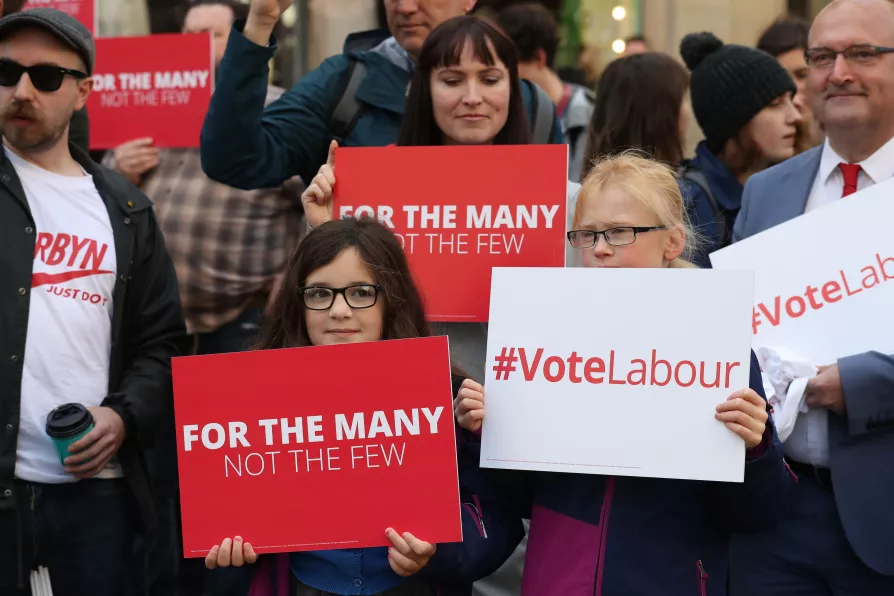The PM says Mandelson 'betrayed our values' – but ministers and advisers flock to line their pockets with corporate cash, says SOLOMON HUGHES
The Tory laws we need to overturn for women to reach their full potential
Almost a decade of right-wing policies have had a devastating impact on services, pay, housing and health. A transformative change is needed for women and our wider communities, says RUTH HAYES


IT IS easy to feel overwhelmed by the cumulative impact of a decade of austerity on women, and to restrict our vision of what could be possible.
The scale is staggering — as Dawn Butler MP has highlighted, 86 per cent of the government’s spending cuts have fallen on women.
The results are more and more visible: street homelessness is rising disproportionately rapidly among women, the majority of foodbank users are women, and the gender pay gap is over 18 per cent, with women making up almost three-quarters of part-time workers.
Similar stories

Despite progress made on the shoulders of radical women from the past, the gendered impact of austerity and the cost-of-living crisis requires bold action from Labour to address inequality, says REBECCA LONG-BAILEY MP

As the government ploughs ahead with £3 billion in welfare cuts, arbitrary office-return mandates, and below-inflation pay rises, women will bear the brunt through deepening poverty and increased caring burdens, argues FRAN HEATHCOTE

There’s no room for feminists to be complacent about the growth of extremism and misogyny worldwide, warns HAILEY MAXWELL

Persistent inequality for women shows we still have a long way to go, but Wales TUC leader SHAVANAH TAJ is confident we can build a fairer country when we work together










